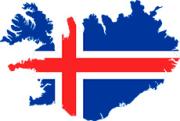
Category:
Time:
In dairy production, there is a clear need to better understand the process itself, and interaction with starting materials in order to make the process more automated and optimised. Supply chain variability transfers into variability of the final product quality with difficulties to predict product quality and shelf life. This has negative impact on dairy effectiveness, competitiveness and sustainability of the system and contributes to increased insecurity in food supply.
To overcome these limitations, in-depth characterisation of the whole production process is important. This needs to be done with application of Quality by Design (QbD) approaches that will keep the causal link between each process step and relations between all important process variables. Increased systems understanding can primarily be achieved by experimentation, which nowadays can be done in a fast and fully controlled way by application of automated high-throughput small-scale bioreactor systems, such as the ambr250 system, designed for parallel operation and automated sample analysis of critical process parameters. In such systems, large amounts of data are generated and then comes the challenge of utilising them to create information and process knowledge. Here, adoption of multivariate analysis (MVA) methods provide an opportunity for real-time monitoring and further optimization of dairy processes.
In the presentation I will describe how process development and optimisation can benefit from such high throughput systems in combination with AI/machine learning tools, resulting in the creation of digital tools for process optimisation, monitoring and control and how the opportunities that digitalisation brings may result in new ways for the food industry, increasing its productivity and competitiveness and being an important part for a sustainable growth and employment.
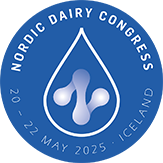






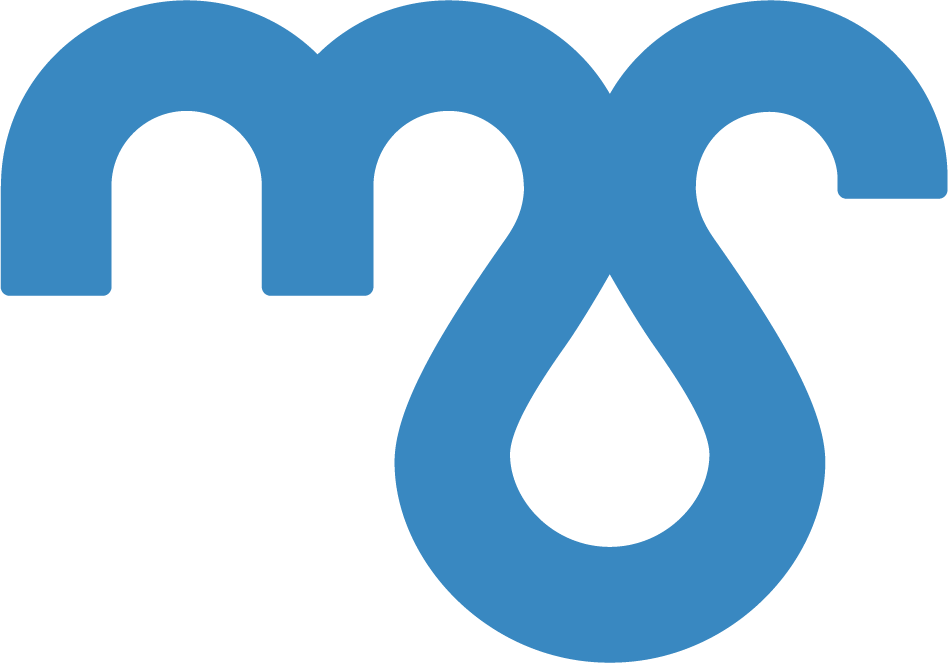

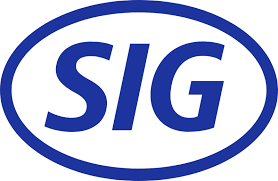



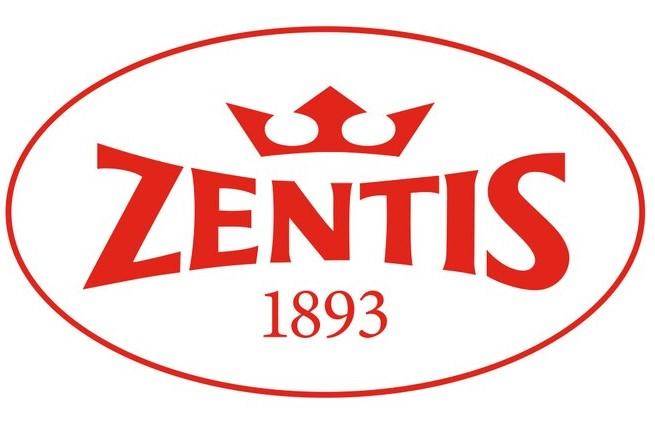
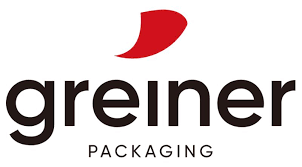
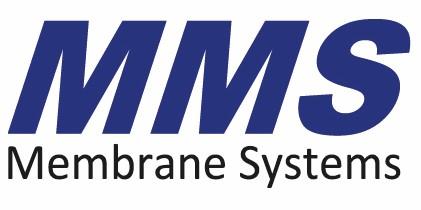


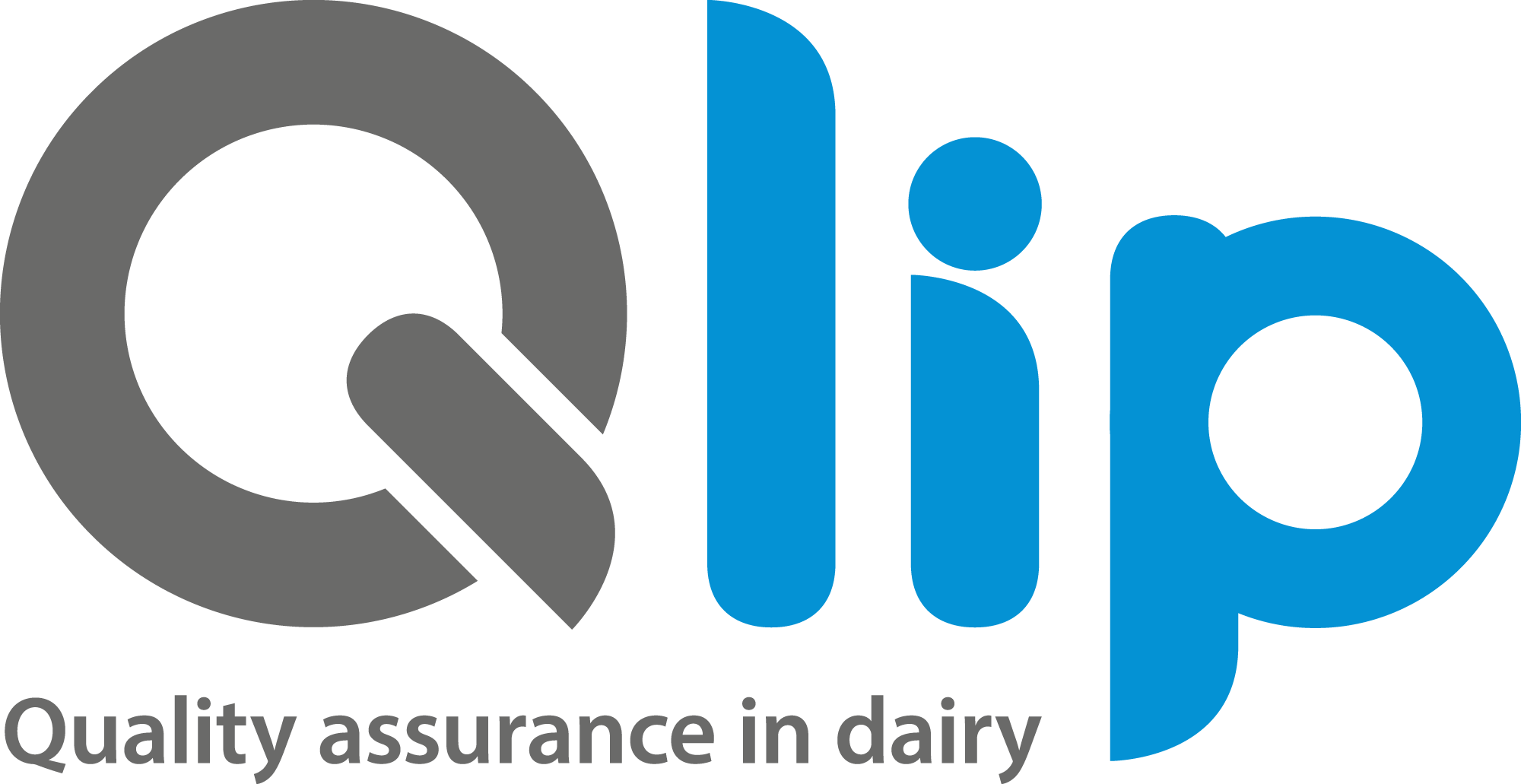
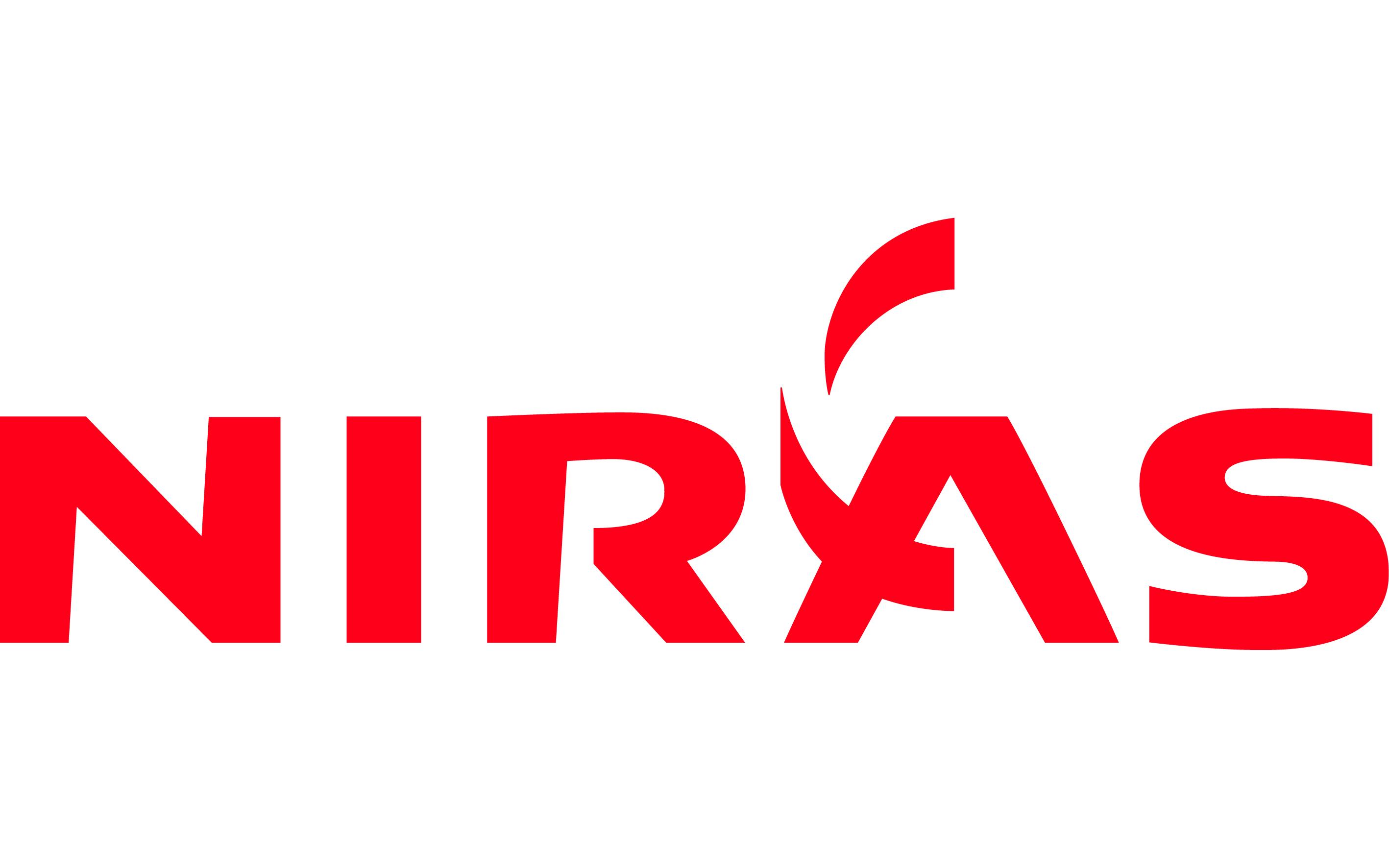


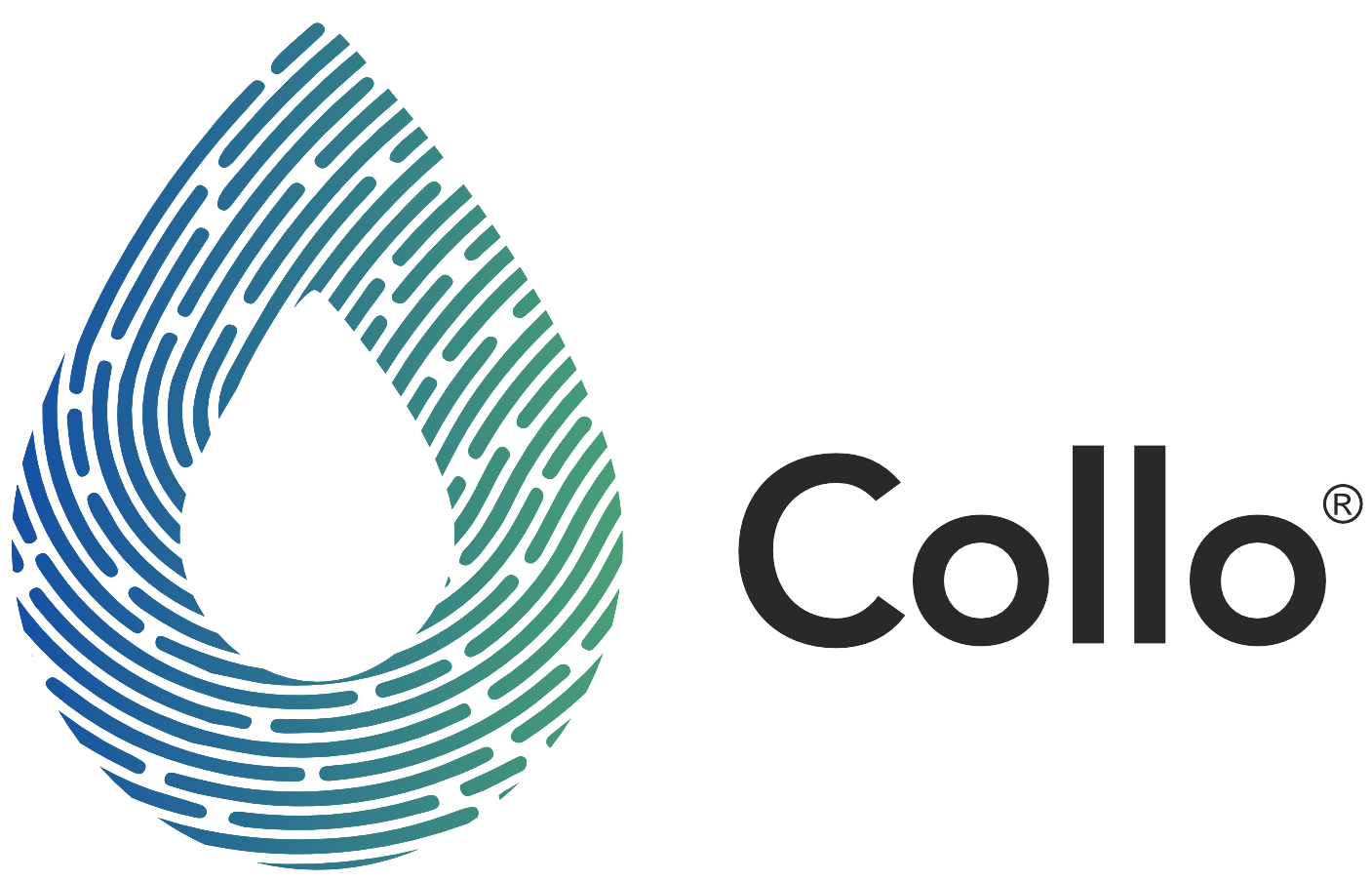
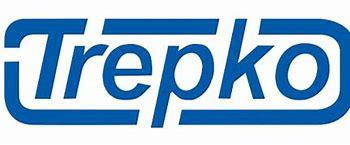




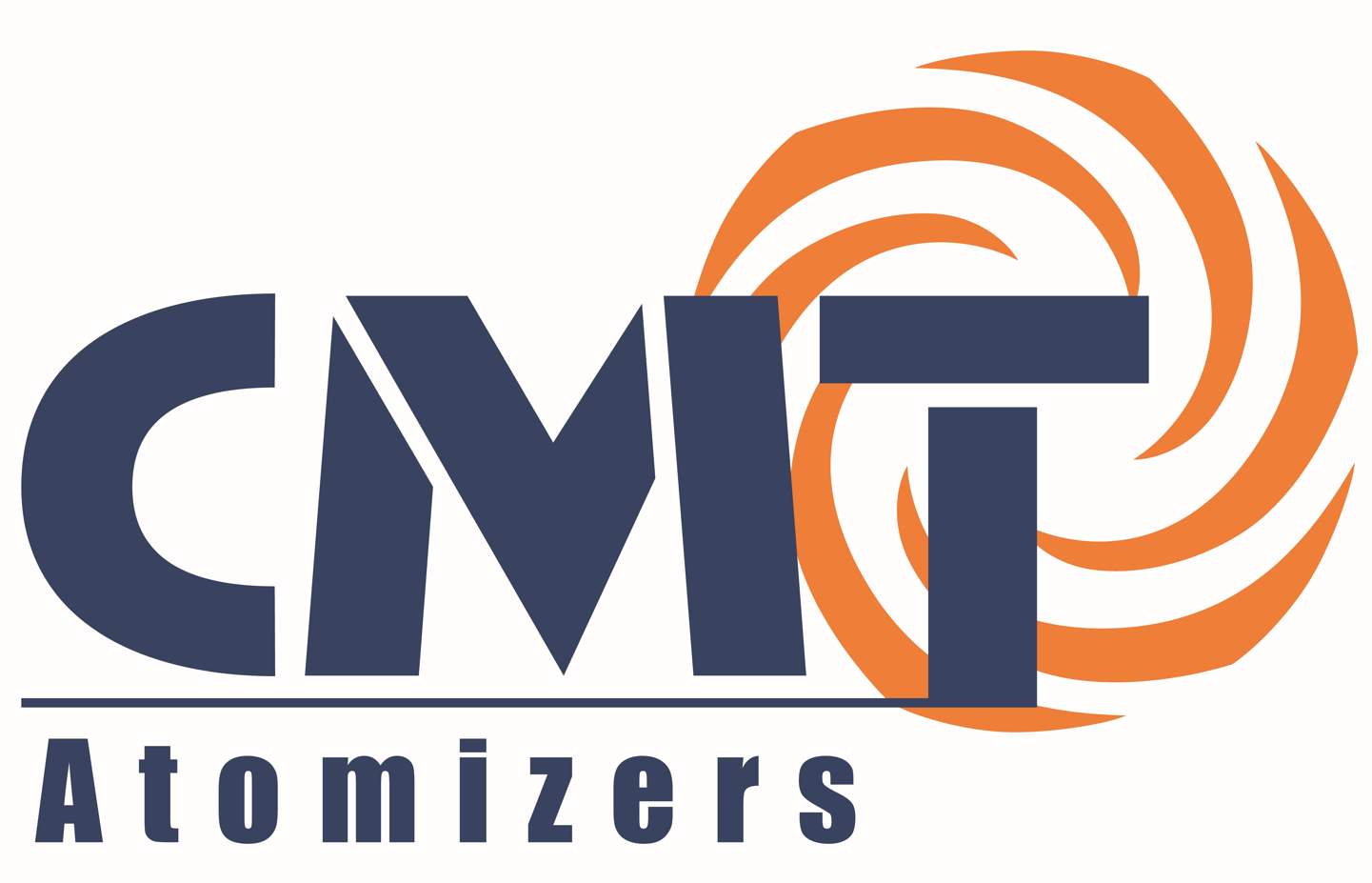
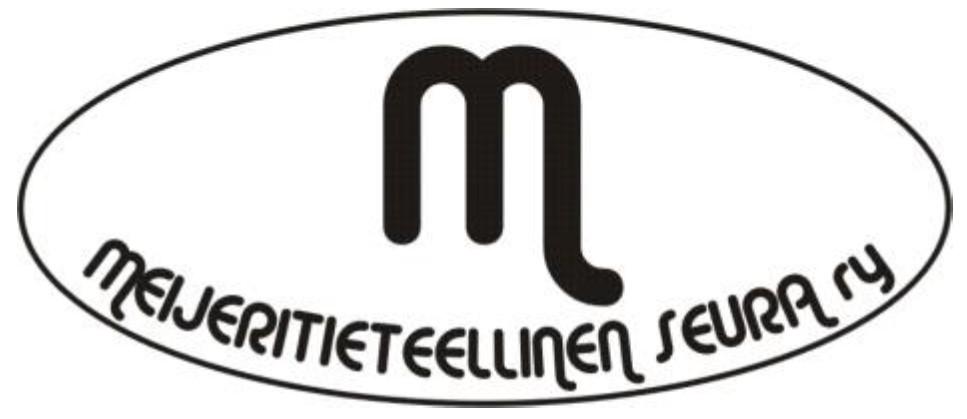
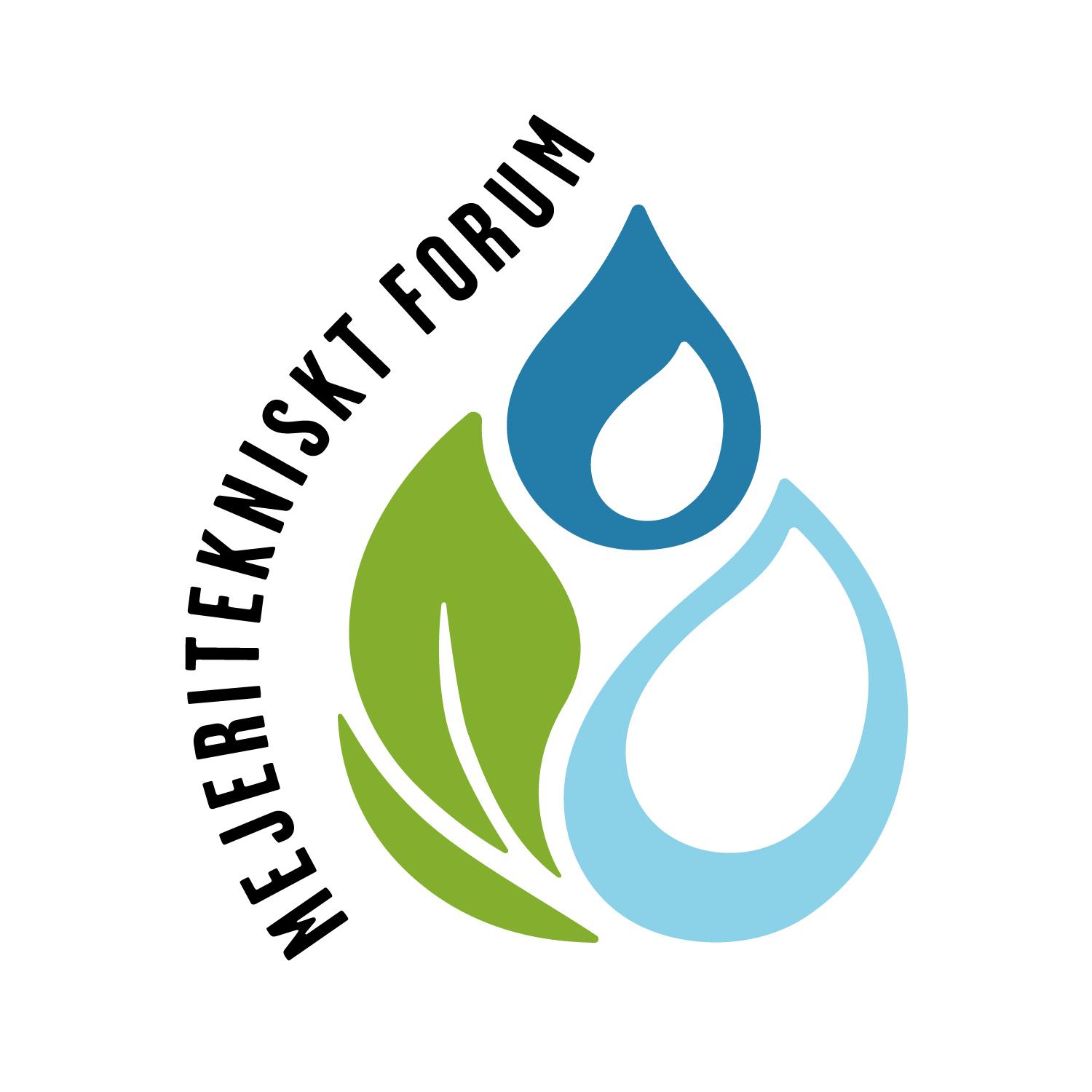
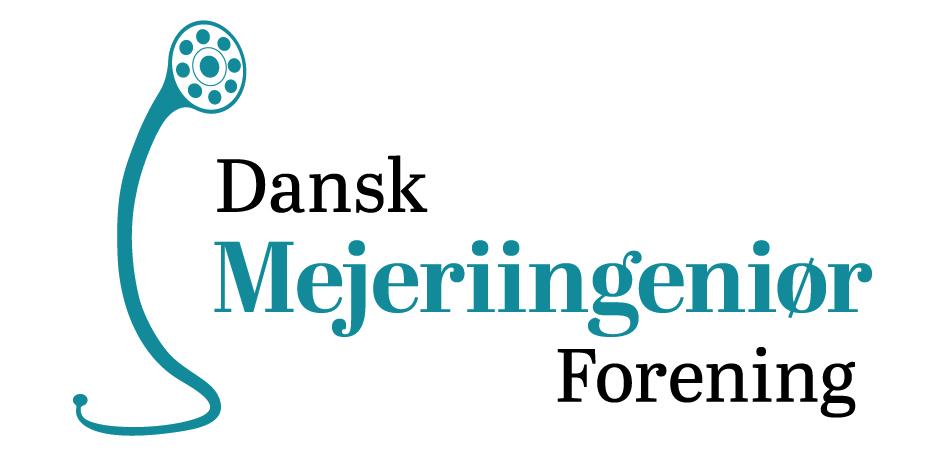
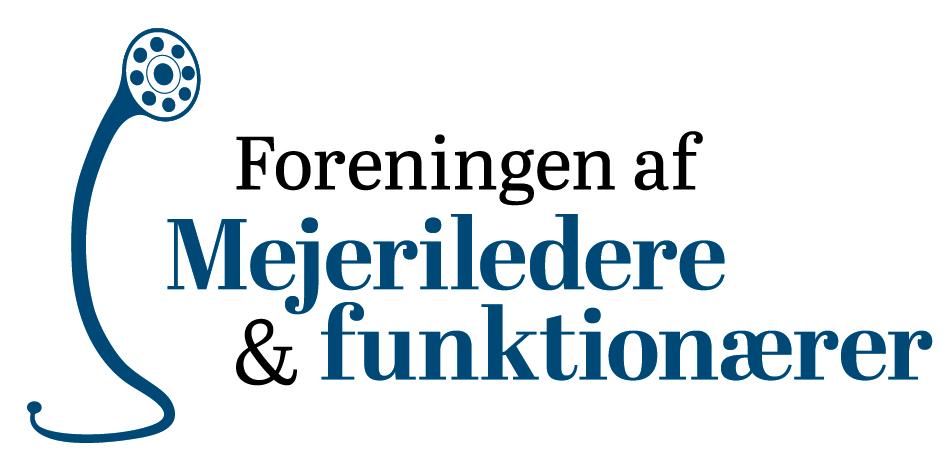



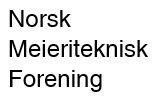
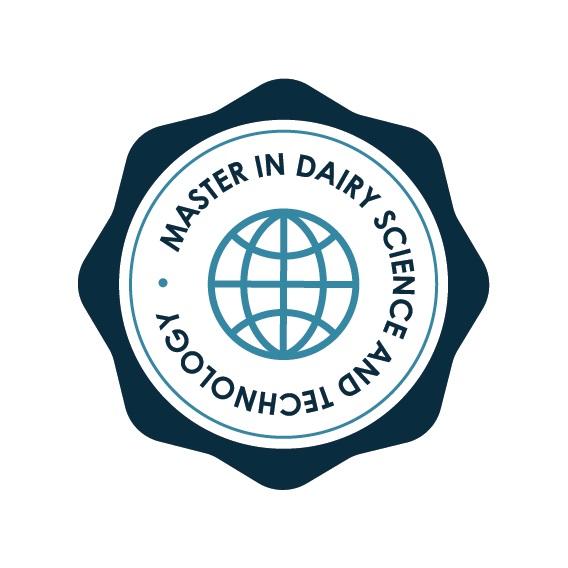


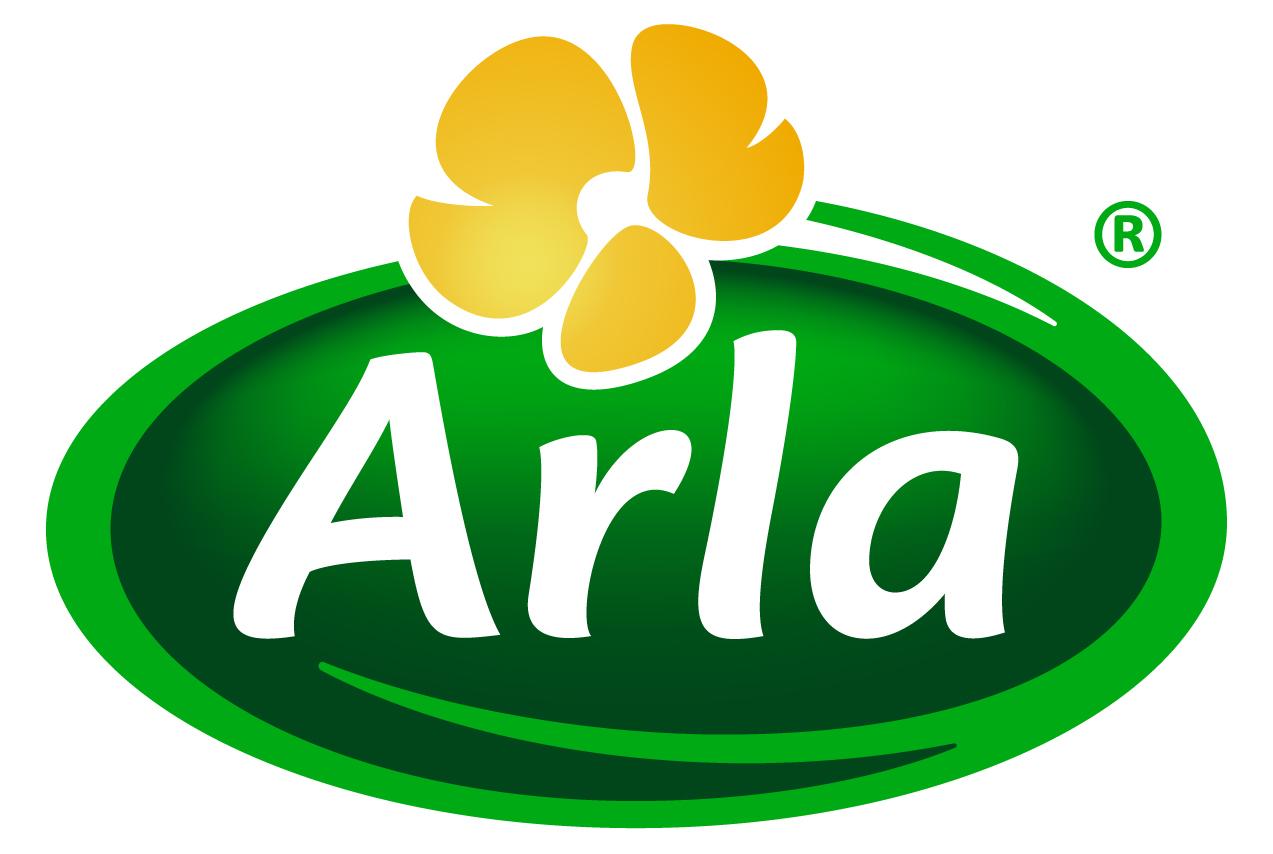

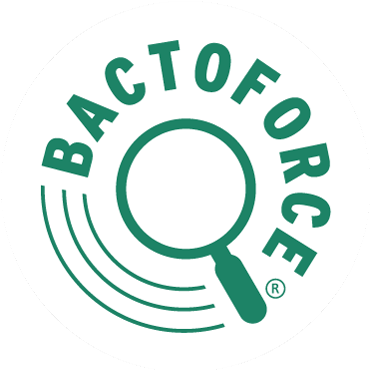

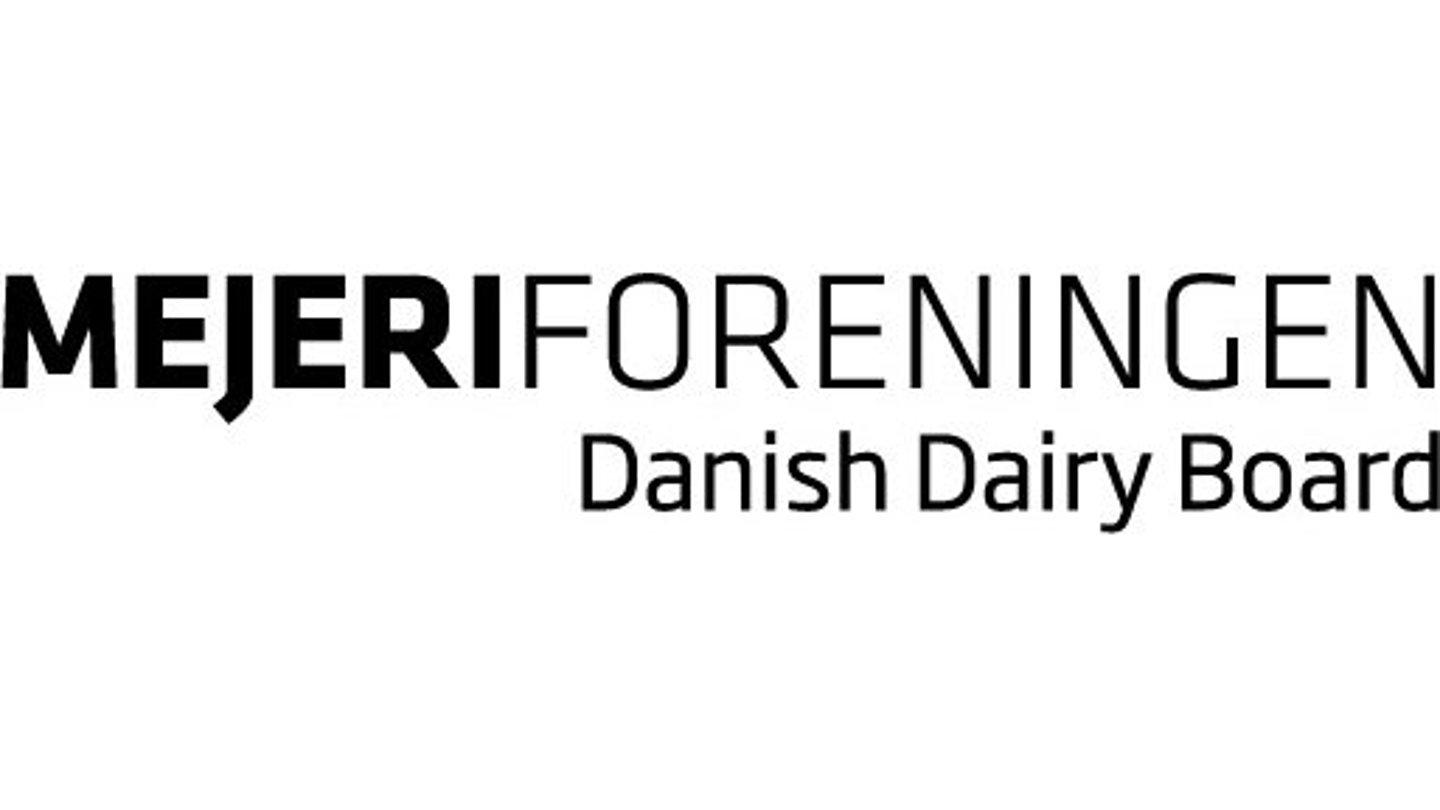
 Munkehatten 28
Munkehatten 28